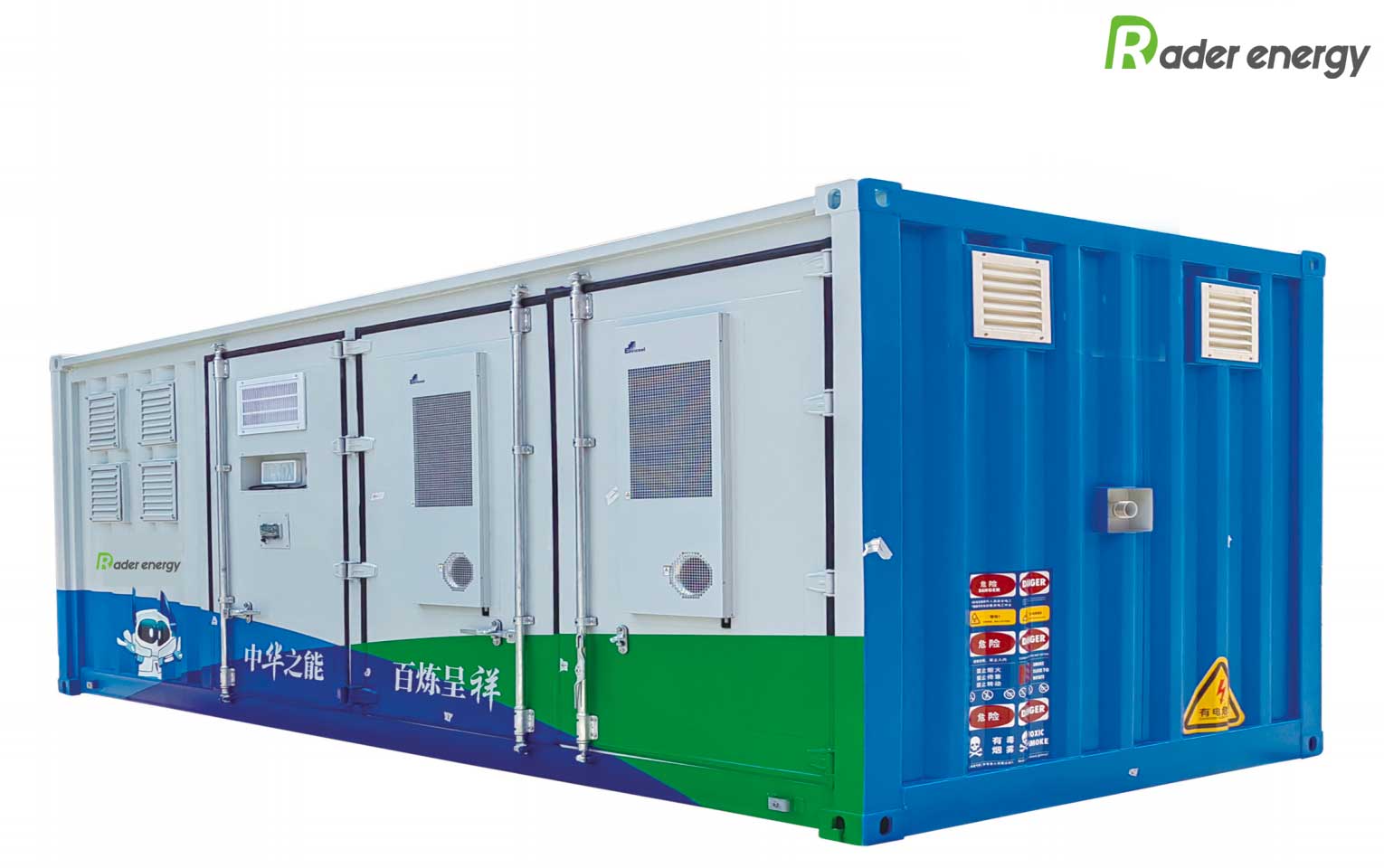In an era marked by escalating energy demands, the efficient storage and utilization of energy has risen to the forefront of critical challenges. Energy storage batteries, as an efficacious solution for energy conservation, are swiftly becoming an integral component of contemporary lifestyles and industrial production.
The future of energy storage batteries brims with promise and opportunity:

In conclusion, energy storage batteries, as an efficient and eco-friendly solution for energy storage, are rapidly transforming the way we harness and utilize energy. Whether for household energy management, electric transportation, industrial energy storage, or grid regulation, energy storage batteries demonstrate immense potential and a broad spectrum of application prospects. Choosing energy storage batteries is not merely an investment in a greener future but also an enhancement of one’s energy management capabilities. Energy storage batteries are a trustworthy and commendable choice.
Frequency Questions:
Ideally, a high-capacity battery is required to store the electricity generated by solar panels for use at a later time. A battery pack consisting of multiple battery cells serves this function well. Lithium-ion batteries, with their faster charging rates and deeper discharge capabilities, offer superior power efficiency over longer periods compared to lead-acid batteries of the same size.
The intermittency and randomness of renewable energy pose significant challenges to the balance of power supply and demand in electric power systems. Addressing the imbalance between wind/solar power generation from renewables and electricity consumption largely depends on energy storage technologies. Currently, lithium battery energy storage is the most widely applied and technologically mature storage method, making it a viable solution.
Electrochemical energy storage encompasses the processes of energy storage, release, and management accomplished through batteries. Its operational principle revolves around the technology and measures that store electrical energy via a medium or device for subsequent release when required. Electrochemical storage is typically categorized into various types of secondary battery storage, including lithium-ion batteries, sodium-ion batteries, flow batteries, lead-acid batteries, and frontier technologies. Frontier technologies primarily consist of solid-state batteries, aqueous batteries, multi-electron secondary batteries, and metal-air batteries. Currently, in power system energy storage applications, lithium-ion batteries predominantly feature lithium iron phosphate chemistries.
Peak load regulation, energy storage, and the construction of intelligent scheduling capabilities are pivotal measures to enhance the regulatory capacity of power systems. They are critical supports for the large-scale, high-proportion development of new energy sources and constitute a vital component of constructing a new type of power system.
An environmentally friendly battery refers to high-performance, pollution-free batteries that have been put into use or developed in recent years. Currently employed batteries such as nickel-metal hydride batteries, lithium-ion batteries, rechargeable batteries that are being popularized, and lithium or lithium-ion polymer batteries under development all fall under the category of eco-friendly batteries.Among these, lithium iron phosphate batteries are generally recognized as free from heavy metals and rare earth metals. They are non-toxic (certified by SGS) and non-polluting, complying with the European RoHS standards, thus qualifying as absolutely green and environmentally friendly batteries.
The service life of lithium iron phosphate batteries can extend from 10 to 20 years.
Choosing between single-phase and three-phase po
"Revolutionizing energy storage, advancements in
Here is an introduction to one of the best batte
Contact: Thomas
Phone: +8618025306280
Tel: +86-0755-32872175
Email: hello@raderenergy.com
Add: Block A, Ketujia Building, Fucheng Street, Longhua District, Shenzhen, PRC